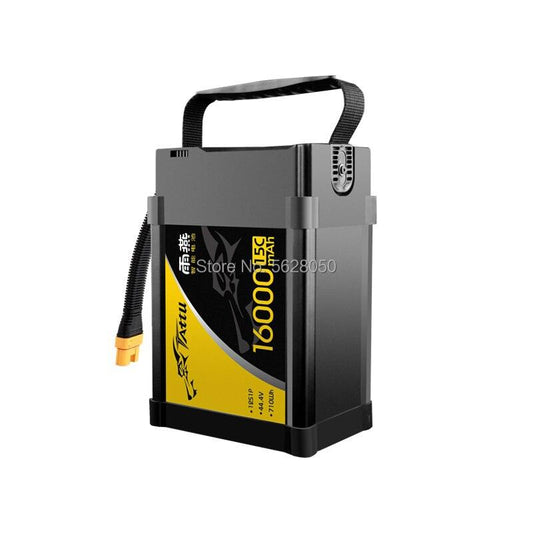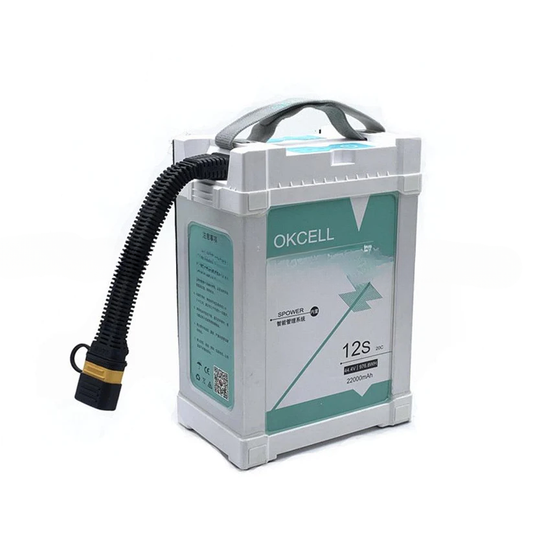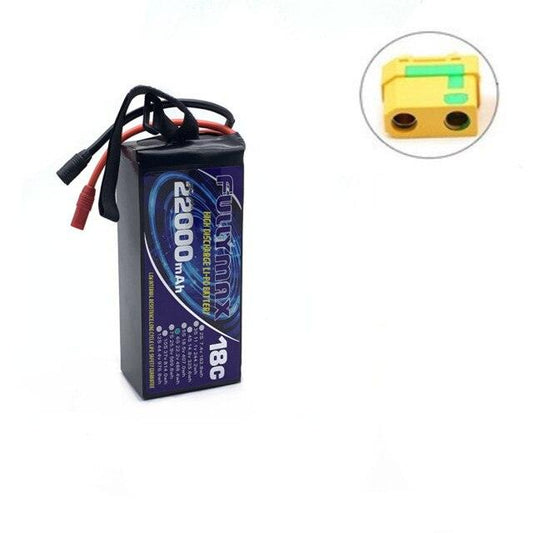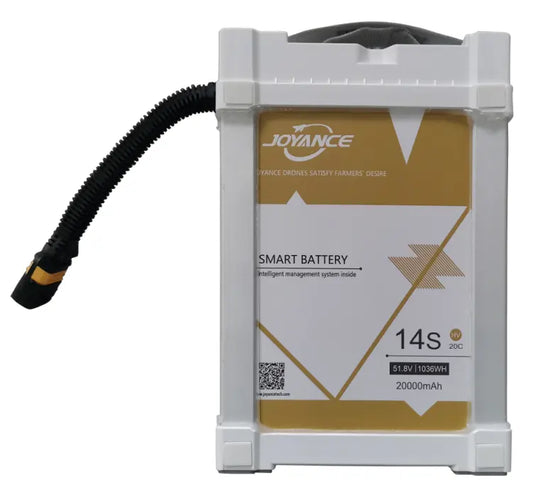Collection: Agriculture Drone Battery
Agriculture Drone Battery
Definition of Agriculture Drone Battery: An agriculture drone battery is a power source that provides electrical energy to the drone for its operation, including powering the motors, flight control systems, and payload components. It is specifically designed to meet the high power demands and endurance required for agricultural drone applications.
Types of Agriculture Drone Batteries:
- Lithium Polymer (LiPo) Batteries: LiPo batteries are widely used in agriculture drones due to their high energy density, lightweight, and ability to deliver high discharge rates. They provide the necessary power and performance for extended flight times.
- Lithium-Ion (Li-Ion) Batteries: Li-Ion batteries offer a higher energy density compared to LiPo batteries, resulting in longer flight times. They are known for their stability and longer lifespan.
- Solid-State Batteries: Solid-state batteries are a newer technology that offers higher energy density, improved safety, and longer lifespan compared to traditional LiPo and Li-Ion batteries. They are still in the development stage and not widely available for commercial agriculture drone applications.
Specifications and Parameters:
- Capacity: The capacity of the battery determines the amount of energy it can store and is typically measured in milliampere-hours (mAh) or ampere-hours (Ah). Higher capacity batteries provide longer flight times.
- Voltage: The voltage rating of the battery should match the requirements of your agriculture drone. Common voltage options include 3.7V, 7.4V, 11.1V, and 14.8V.
- Discharge Rate: The discharge rate indicates how quickly the battery can release its stored energy. It is measured in "C" rating, where a higher C rating indicates a higher discharge rate capability.
- Connector Type: The battery connector should match the drone's power input connector to ensure proper compatibility and secure connection.
Selection Method:
- Drone Compatibility: Consider the battery requirements and compatibility with your specific agriculture drone model. Check the drone's user manual or consult with the manufacturer to determine the compatible battery types, voltages, and connectors.
- Flight Time Requirements: Assess your flight time requirements based on the specific agricultural tasks you need to accomplish. Choose a battery with a suitable capacity to meet your flight time needs.
- Discharge Rate: Depending on the drone's power requirements and flight characteristics, choose a battery with an appropriate discharge rate to ensure sufficient power delivery during flight.
- Brand Reputation and Performance: Opt for reputable brands known for producing high-quality and reliable batteries for agriculture drone applications. Look for positive user reviews and feedback on battery performance and longevity.
Brand Recommendation: TATTU is a well-known brand that offers high-performance batteries for agriculture drones. They are recognized for their reliability, durability, and consistent power delivery.
Product Recommendation: TATTU 6S 10000mAh LiPo Battery is a popular choice for agriculture drones. It provides a high capacity and discharge rate, allowing for extended flight times and efficient power delivery.
FAQ: Q: How long does an agriculture drone battery last? A: The battery life depends on various factors such as the capacity, flight conditions, payload, and flight time settings. Generally, agriculture drone batteries can provide flight times ranging from 15 to 40 minutes, depending on the specific battery and drone configuration.
Q: How should I store and maintain agriculture drone batteries? A: Store the batteries in a cool and dry place, away from direct sunlight and extreme temperatures. Follow the manufacturer's guidelines for proper storage and maintenance, including regular charging cycles and avoiding deep discharge.
Q: Can I use a higher capacity battery for my agriculture drone? A: It is important to ensure that the higher capacity battery is compatible with your drone's power system and can be safely accommodated in the battery compartment. Excessive weight from a larger battery may affect the drone's flight characteristics and stability. Consult with the manufacturer or an experienced professional for guidance on battery compatibility and suitability.
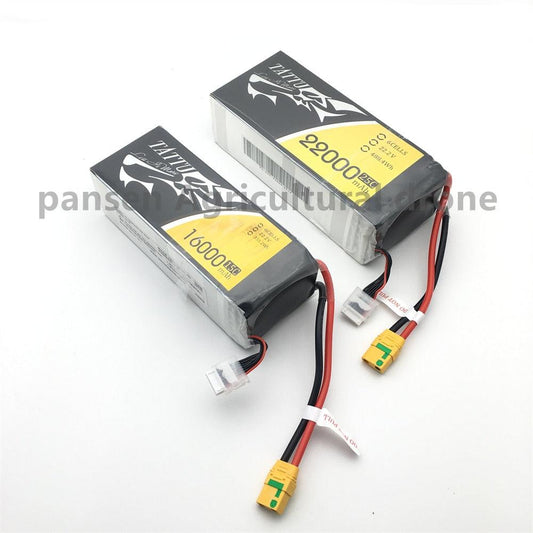
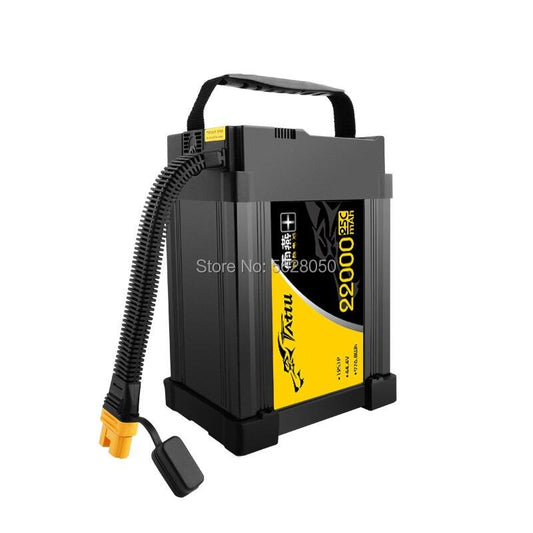
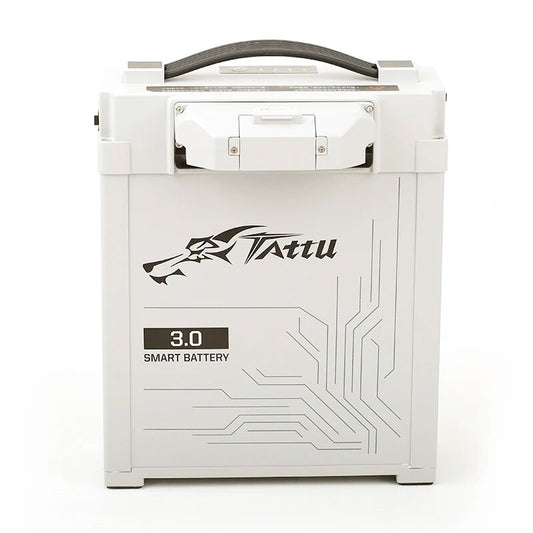
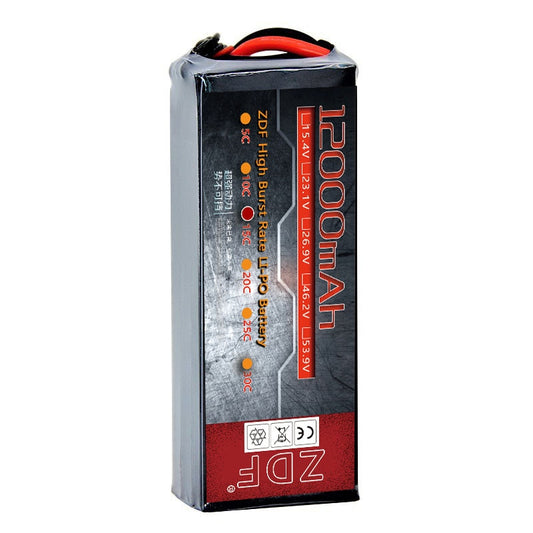
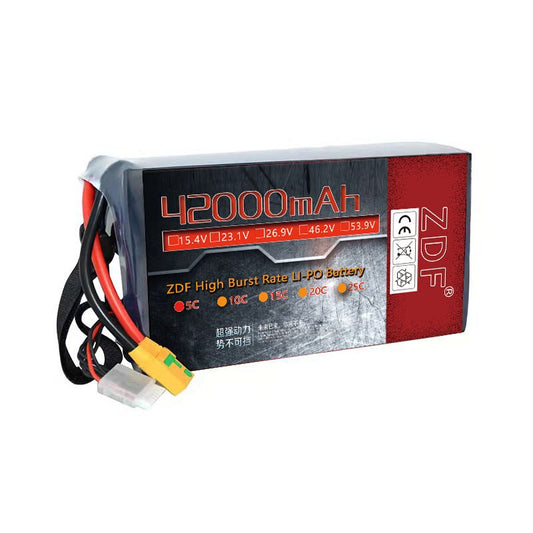
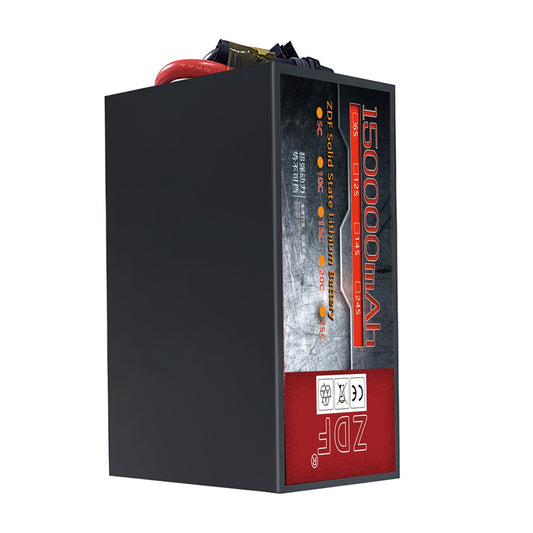
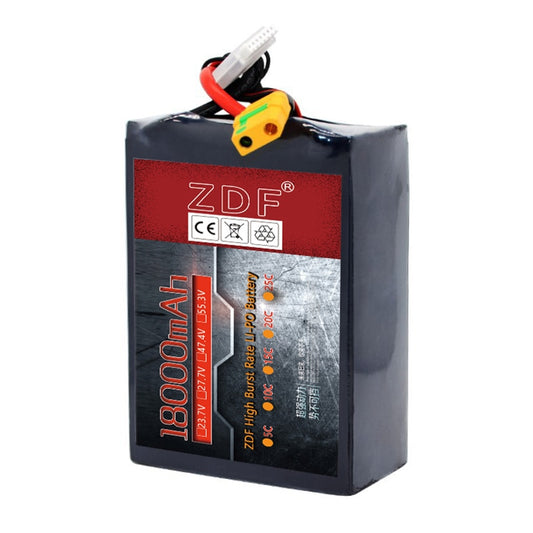
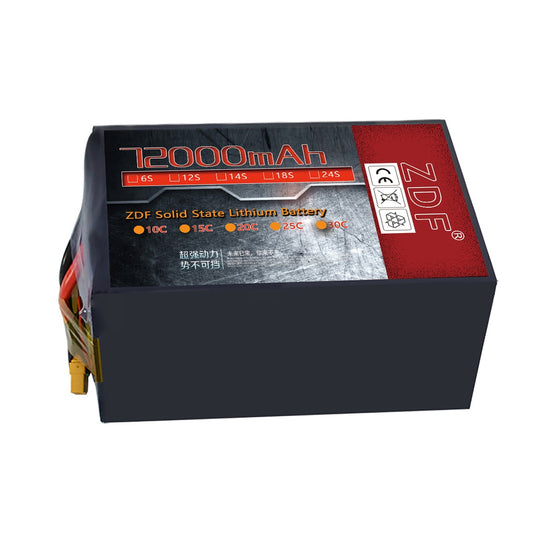
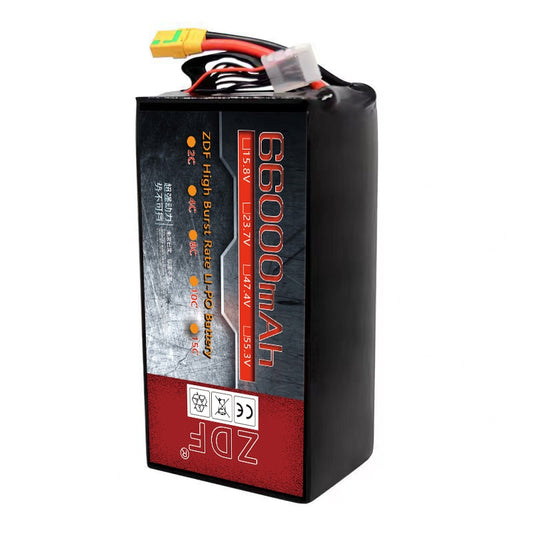
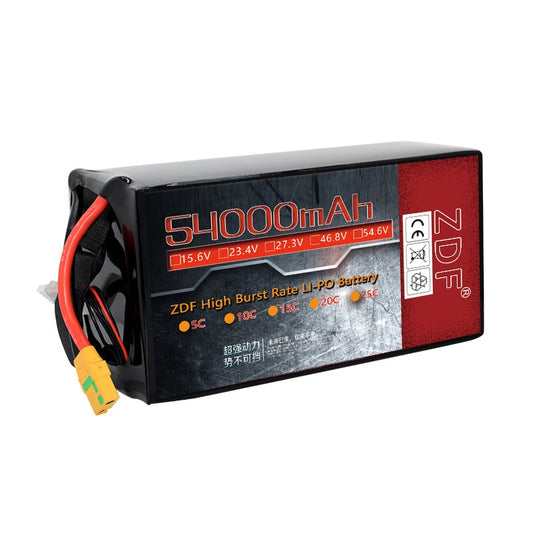
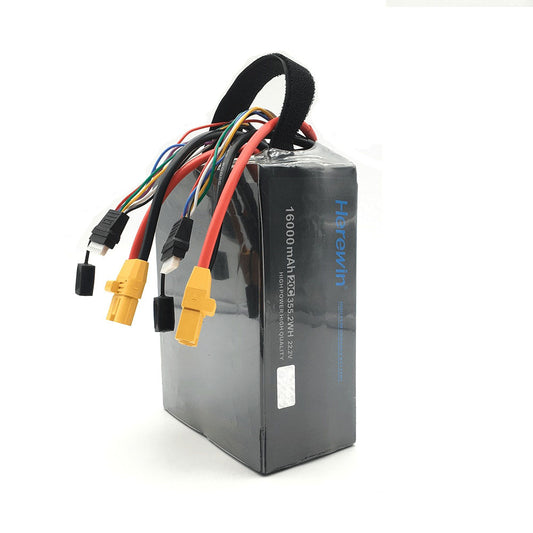
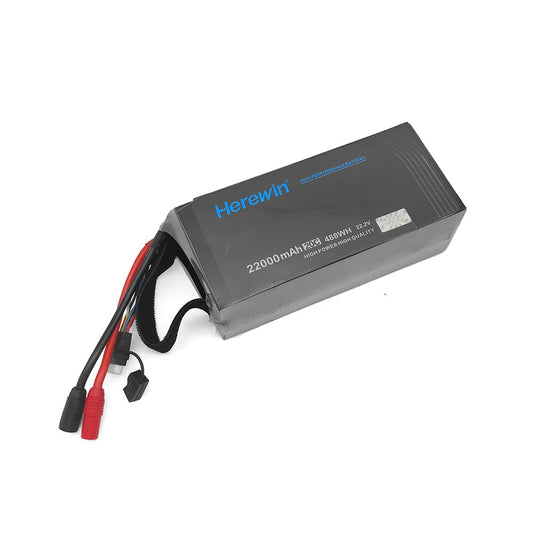
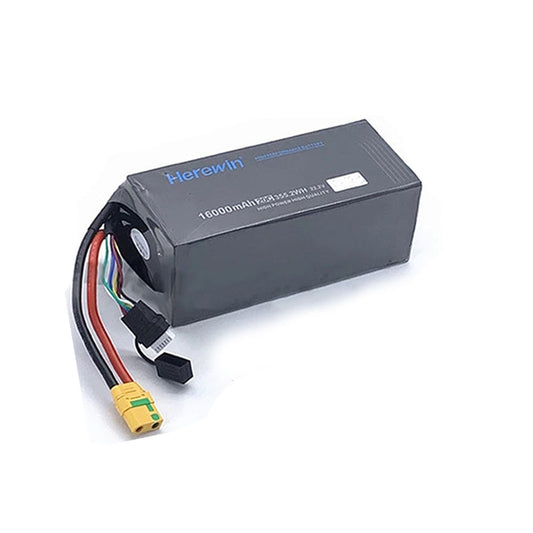
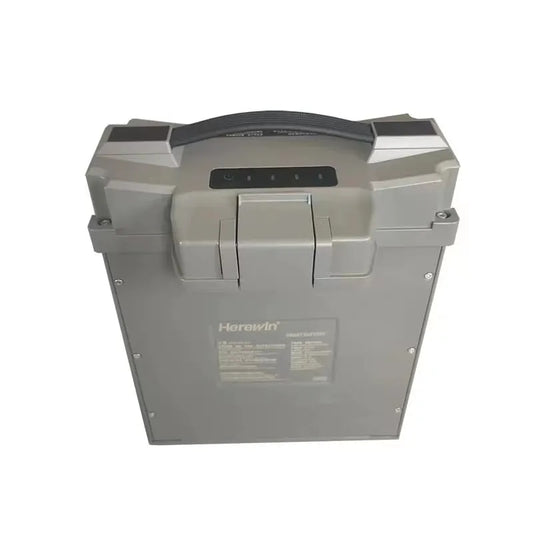
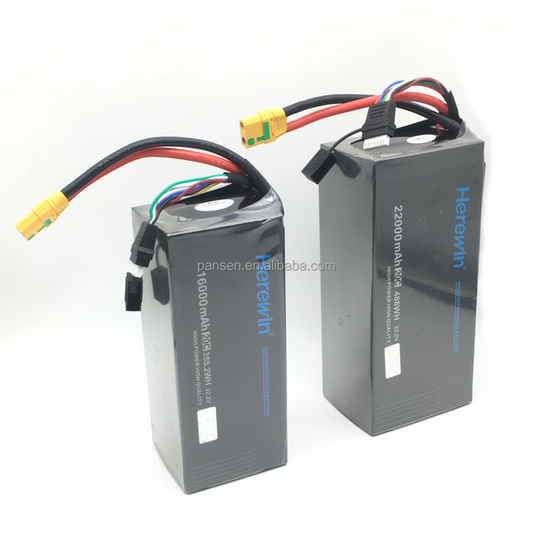
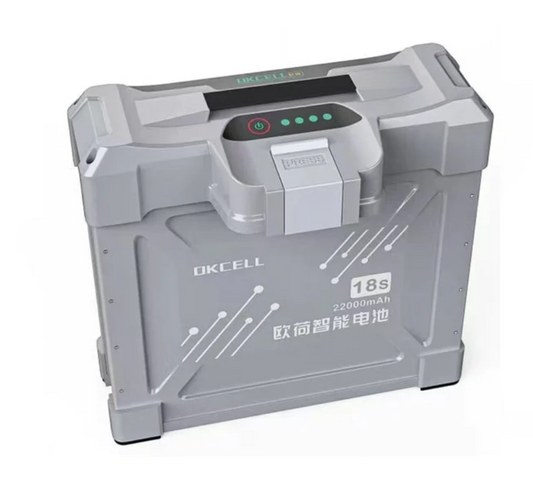
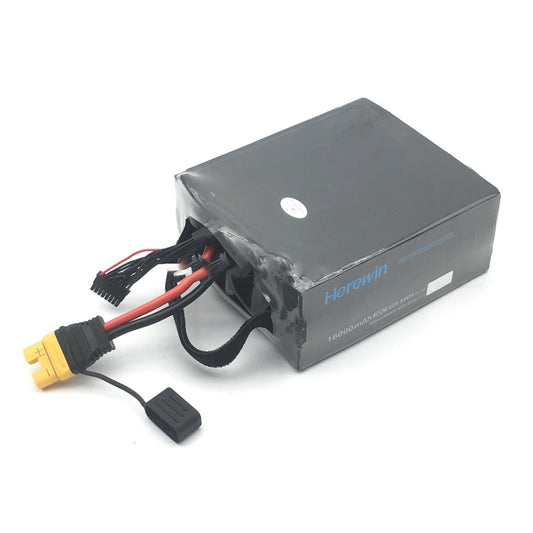
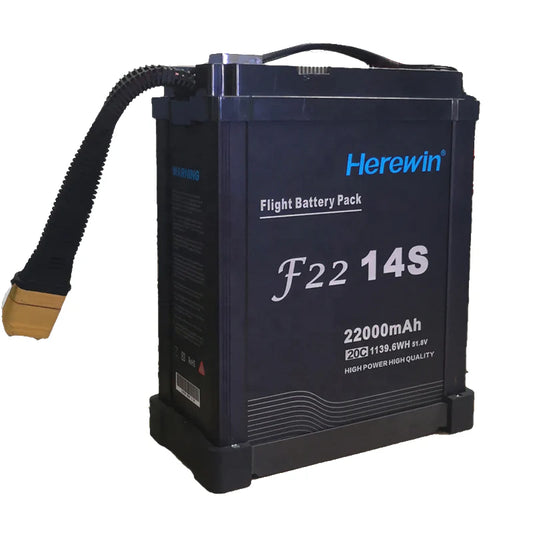
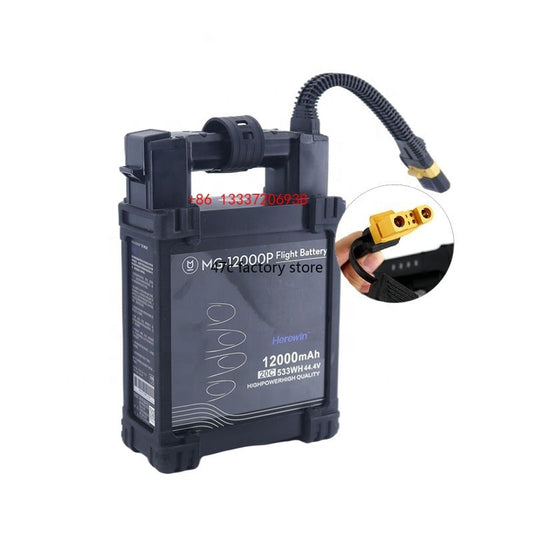
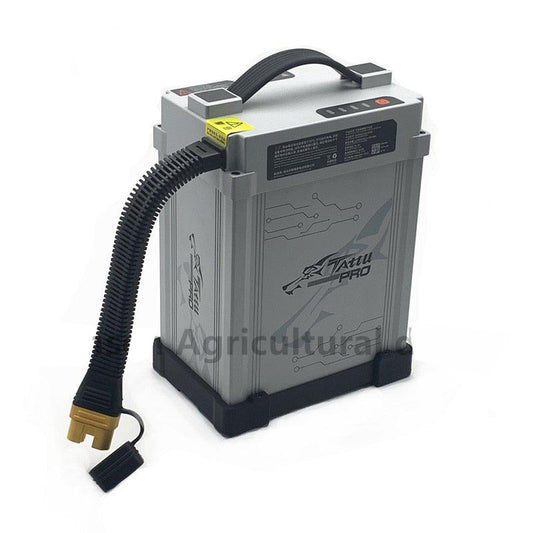
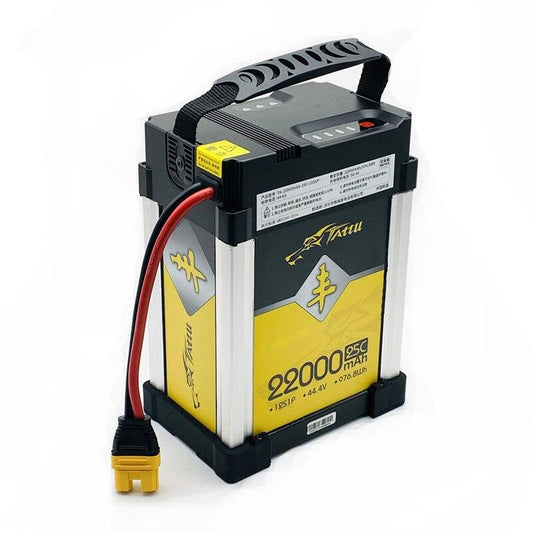
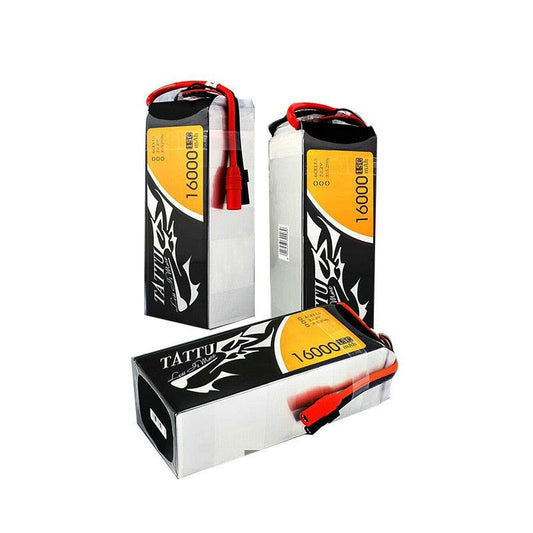
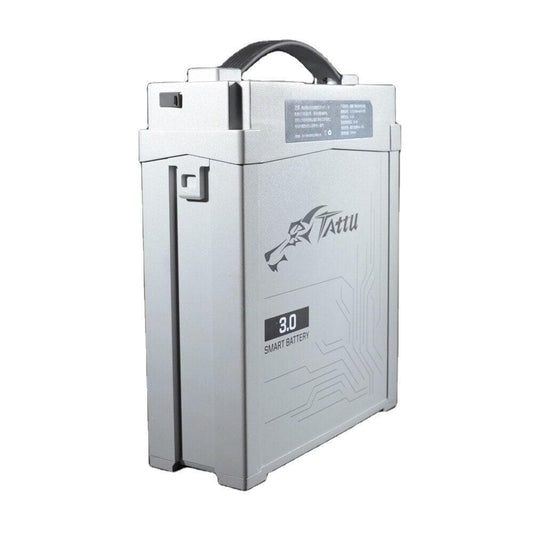
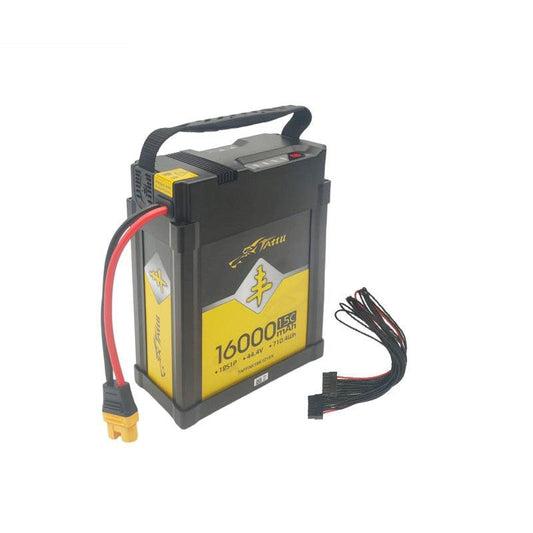
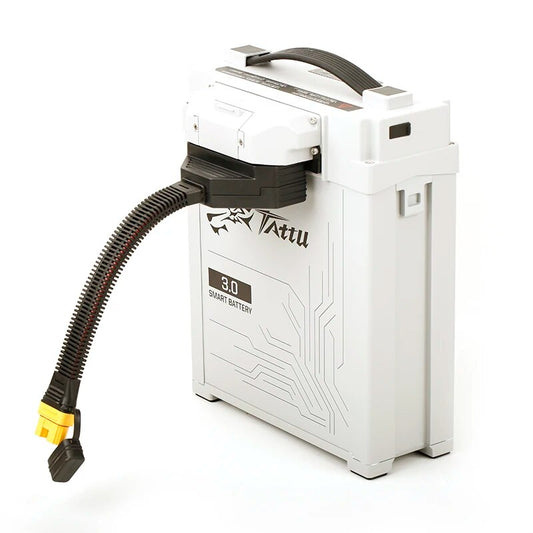
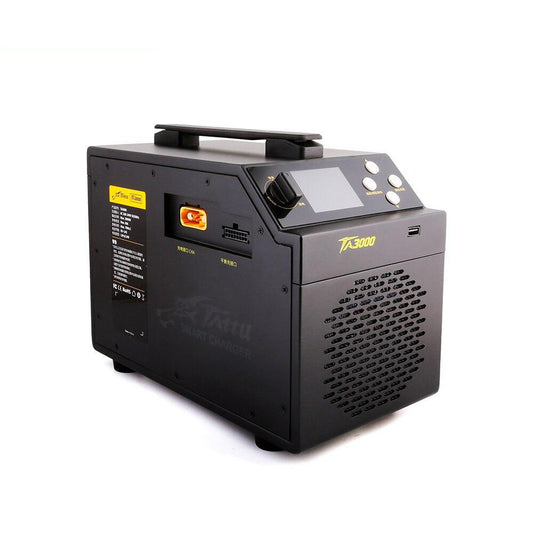
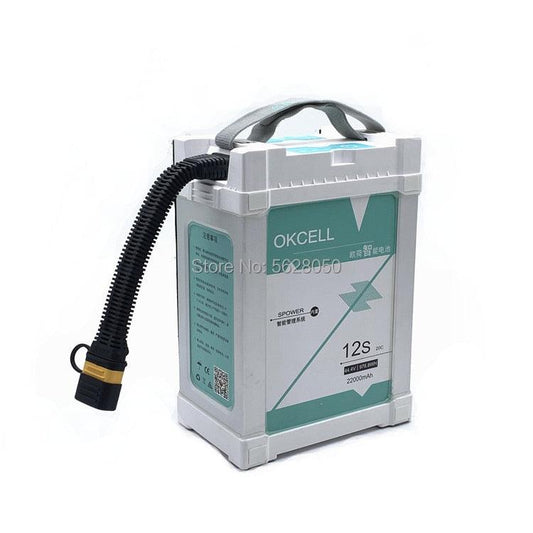
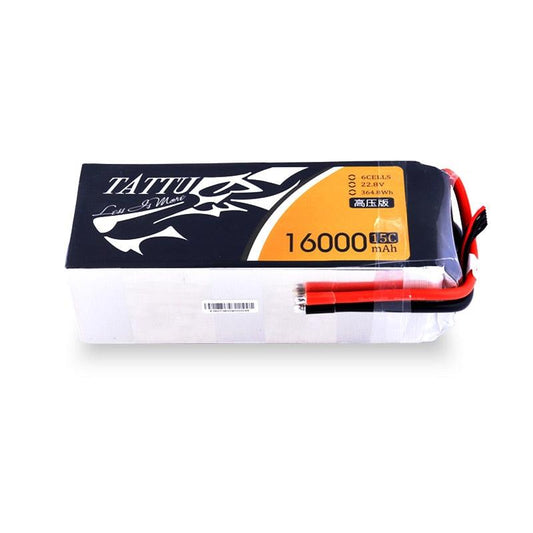
![OKCELL ER76j 24 aer,;] SPOWER *8me](http://rcdrone.top/cdn/shop/files/Original-OKCELL-14s-battery-51-8V-20000mah-Battery-smart-battery-agriculture-drone-battery.jpg?v=1693409919&width=533)
